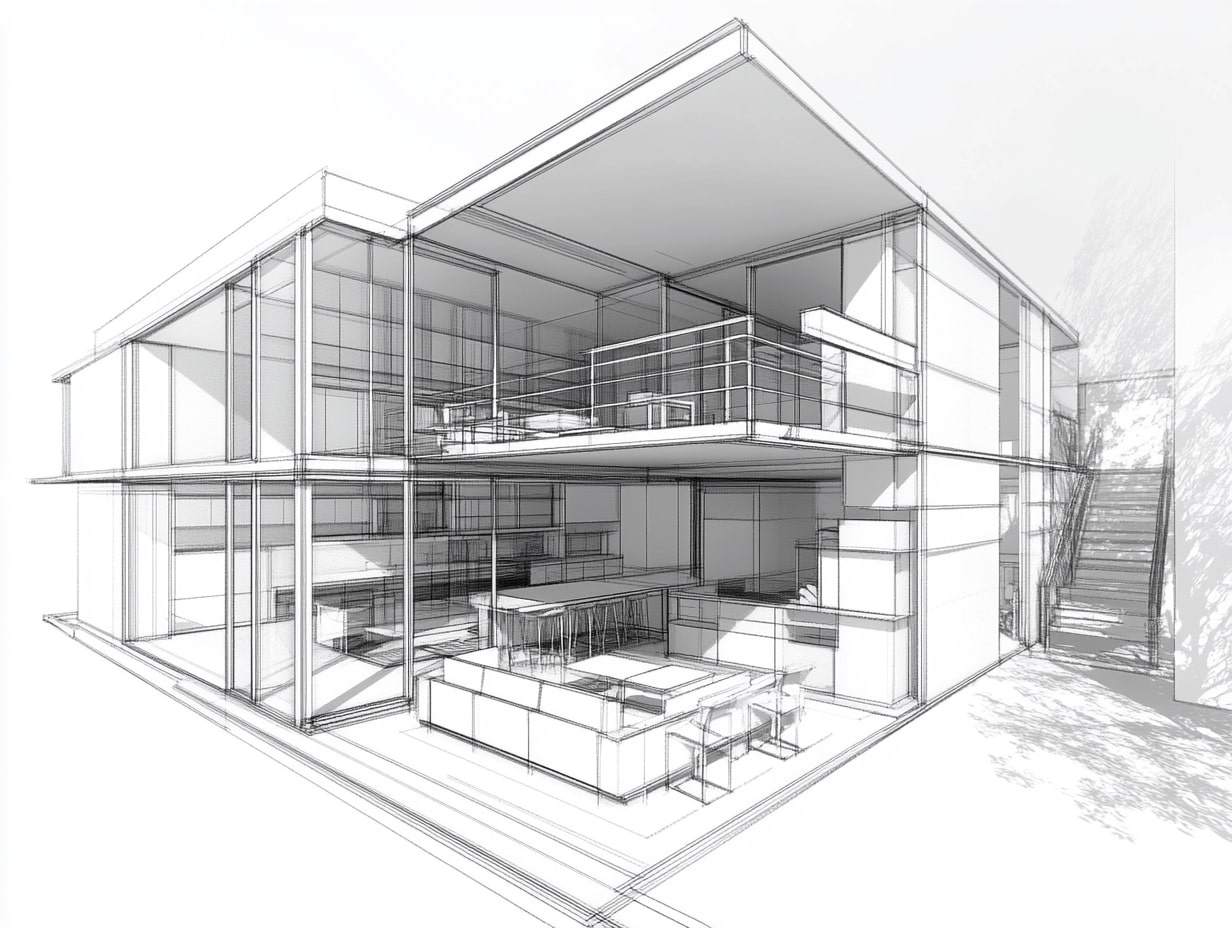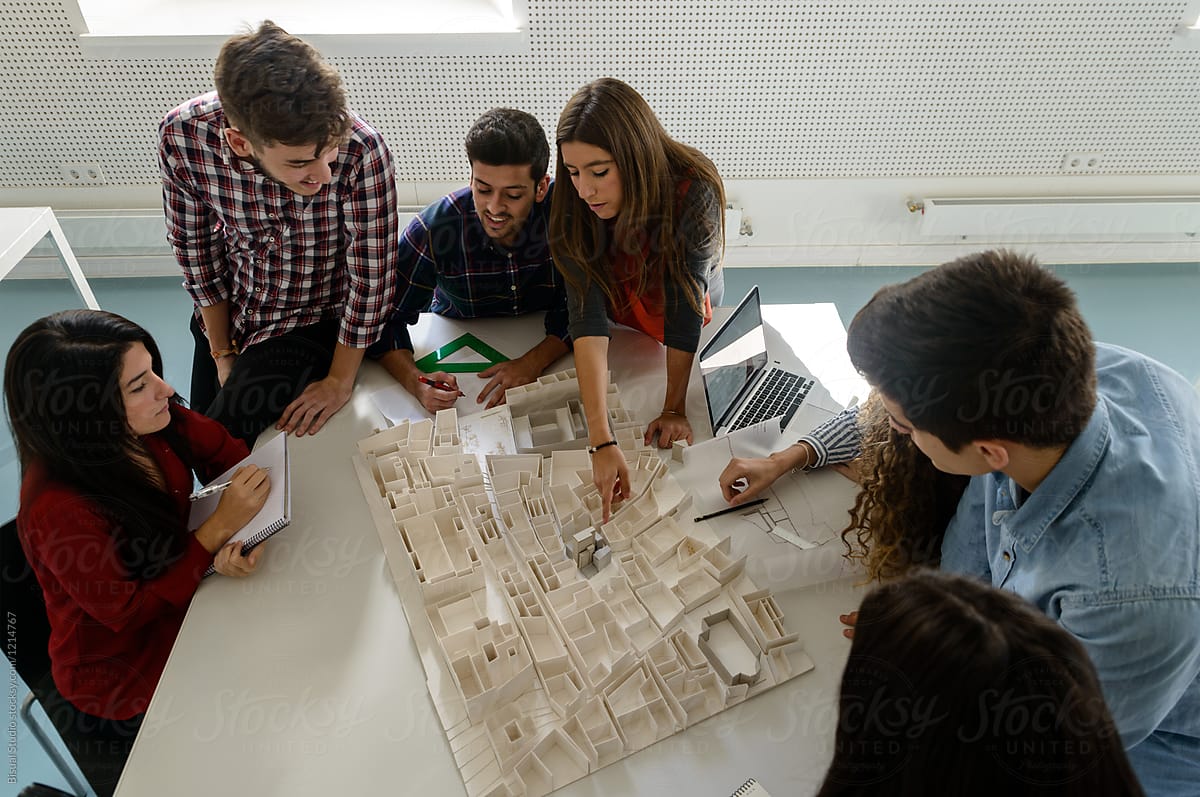- Home
- Articles
- Architectural Portfolio
- Architectral Presentation
- Inspirational Stories
- Architecture News
- Visualization
- BIM Industry
- Facade Design
- Parametric Design
- Career
- Landscape Architecture
- Construction
- Artificial Intelligence
- Sketching
- Design Softwares
- Diagrams
- Writing
- Architectural Tips
- Sustainability
- Courses
- Concept
- Technology
- History & Heritage
- Future of Architecture
- Guides & How-To
- Art & Culture
- Projects
- Interior Design
- Competitions
- Jobs
- Store
- Tools
- More
- Home
- Articles
- Architectural Portfolio
- Architectral Presentation
- Inspirational Stories
- Architecture News
- Visualization
- BIM Industry
- Facade Design
- Parametric Design
- Career
- Landscape Architecture
- Construction
- Artificial Intelligence
- Sketching
- Design Softwares
- Diagrams
- Writing
- Architectural Tips
- Sustainability
- Courses
- Concept
- Technology
- History & Heritage
- Future of Architecture
- Guides & How-To
- Art & Culture
- Projects
- Interior Design
- Competitions
- Jobs
- Store
- Tools
- More
10 Essential Skills Every Architect Needs for Success
Discover the top 10 essential skills architects need to thrive in a dynamic industry. From mastering technical tools like AutoCAD and BIM to embracing sustainable design, this article explores how effective communication, problem-solving, and project management can elevate your architectural career.

Table of Contents Show
In the ever-evolving world of architecture, mastering a diverse set of skills is crucial for success. As architects, we don’t just design buildings; we create spaces that inspire and shape the way people live and interact. With technology and sustainability becoming increasingly important, it’s essential for us to adapt and expand our skill sets to stay ahead in this competitive field.
From technical proficiency in design software to a keen understanding of sustainable practices, the skills we cultivate can significantly impact our careers. Effective communication and project management are just as vital, ensuring our visions are realized while meeting client expectations and deadlines. As we explore the top 10 useful skills for architects, we’ll uncover how these abilities not only enhance our professional capabilities but also elevate the quality of the spaces we create.

The Importance Of Skill Development For Architects
Skill development stands at the core of an architect’s evolution. Our industry constantly evolves with new technologies and design paradigms, making it essential to keep pace. Architects face challenges beyond mere aesthetics; they navigate regulations, client expectations, and environmental conditions, each demanding a unique set of skills.
Staying relevant requires embracing both traditional and emerging skills. Technical prowess in areas like AutoCAD and BIM ensures precision in design and execution. At the same time, mastering sustainability principles allows us to create eco-friendly structures that meet today’s environmental standards. Advanced project management skills help us coordinate complex projects and meet tight deadlines.
Interpersonal skills are crucial, too. Architects must communicate effectively with clients, contractors, and various stakeholders to ensure clarity and collaboration throughout the project lifecycle. Adapting these diverse skills equips architects to handle multifaceted roles confidently, enhancing both professional growth and project outcomes. This continual development of skills thus not only enhances our individual capabilities but also elevates the profession as a whole.
Key Skills For Architects
An architect’s success hinges on a mix of creativity, technical skills, and strategic thinking. Let’s explore the essential skills every architect should master.
Creative Vision And Design
Creative vision drives innovative architectural designs. We integrate aesthetics with functionality to create inspiring, user-friendly spaces.
Technical Proficiency
Technical proficiency ensures precision in design implementation. Familiarity with tools like AutoCAD and BIM enables us to craft detailed and accurate plans.
Project Management
Project management organizes resources and timelines. Effective planning and coordination allow us to deliver projects on schedule and within budget.
Communication Skills
Communication skills facilitate clear interaction with clients and stakeholders. Our ability to convey ideas ensures strong collaboration and effective project delivery.
Problem-Solving Abilities
Problem-solving abilities address unforeseen challenges. We navigate design and construction issues by applying critical thinking and innovative solutions.

Sustainable Design Practices
Sustainable design practices align with environmental standards. By incorporating eco-friendly elements, we contribute to long-term sustainability and resource efficiency.
Attention To Detail
Attention to detail perfects every element of the design. We scrutinize plans to ensure precision and mitigate potential errors in execution.
Adaptability And Flexibility
Adaptability and flexibility help us respond to changing demands. Embracing new technologies and methodologies keeps our designs relevant and cutting-edge.
Time Management
Time management maximizes productivity and efficiency. Prioritizing tasks enables us to meet deadlines and balance multiple projects simultaneously.
Financial Literacy
Financial literacy informs budget management and cost estimation. Understanding financial constraints ensures our projects remain economically viable.

How To Develop These Skills
Developing architectural skills requires a multi-faceted approach. By leveraging educational resources, practical experience, networking, and mentoring, we enhance our capabilities and remain competitive in the field.
Educational Opportunities
Formal education equips us with foundational knowledge in architecture. Engaging in continuous education, like workshops and online courses, provides a deeper understanding of emerging technologies such as BIM and sustainable practices. Certification programs in project management or financial literacy improve specific skills aligned with industry demands.
On-The-Job Training
Real-world experience refines our architectural skills. By actively participating in diverse projects, we apply and expand technical proficiency and creative vision. Observing seasoned architects helps us learn effective problem-solving and time management strategies. Practicing communication skills with clients and team members enhances interpersonal abilities.
Networking And Mentoring
Professional connections foster skill development. Joining architectural associations and attending industry events broaden our network, offering opportunities for collaboration. Mentorship from experienced architects provides personal guidance, helping us navigate challenges and acquire new perspectives on adaptability and flexibility in our practice.

Conclusion
Mastering diverse skills is crucial for architects to excel in their careers. The ability to design inspiring spaces goes beyond aesthetics; it involves creating environments that positively impact human interaction and well-being. As technology and sustainability gain prominence, adapting our skill sets becomes essential. Proficiency in tools like AutoCAD and BIM, alongside sustainable design practices, ensures precise and innovative outputs.
Communication and project management anchor our relations with clients and stakeholders, facilitating effective collaborations that meet diverse expectations. Problem-solving and attention to detail drive the quality and reliability of our work. Adaptability, time management, and financial literacy further enable us to navigate complex projects efficiently and effectively.
We continue developing these skills through education, practical experience, and mentorship, ensuring we remain competitive in an evolving industry. By embracing both traditional and emerging skills, we contribute to the elevation of the architectural profession and the creation of superior spaces.
- architect competencies
- architect skill set
- architect skills list
- architectural design skills
- architectural skills
- architectural technical skills
- architecture skills development
- architecture skills training
- architecture soft skills
- critical skills for architects
- effective architect skills.
- Essential architect skills
- important skills for architects
- key architect skills
- learning architecture skills
- professional skills for architects
- skills architecture graduates need
- skills for architecture students
- skills for successful architects
- skills needed to be an architect
- skills required for architecture
- skills to become an architect
- top skills for architects
Architect/Tifa Studio Founder/Writer ▪️Sherlock Holmes, but for cities ▪️Architect | PhD | Professional outsider ▪️I see what you walk past 🔮 AI × Architecture × Unpopular opinions
Submit your architectural projects
Follow these steps for submission your project. Submission FormLatest Posts
Top 10 Most Inspiring Women in Architecture
Explore the remarkable achievements of women in architecture who transformed the profession...
Acropolis of Athens: Architecture as a Political and Cultural Statement
From the Parthenon to the Erechtheion, the Acropolis of Athens stands as...
How to Understand Rental Appraisals: A Full Guide
Rental appraisals are essential for setting competitive rent prices and maximizing investment...
10 Things You Need To Do To Create a Successful Architectural Portfolio
Discover 10 essential steps to create a successful architecture portfolio. From cover...












Leave a comment